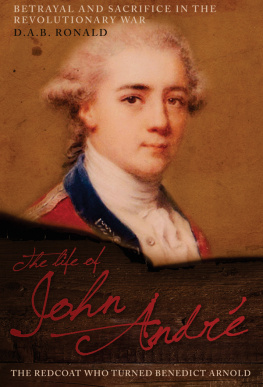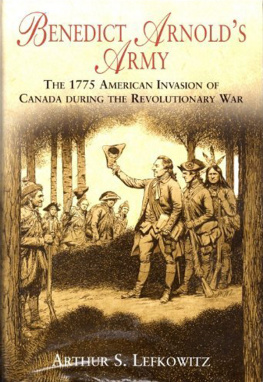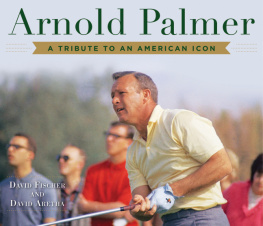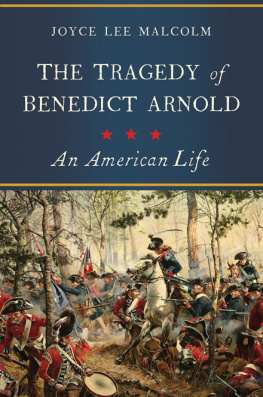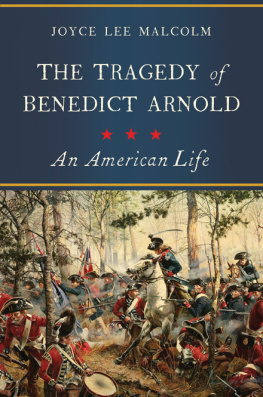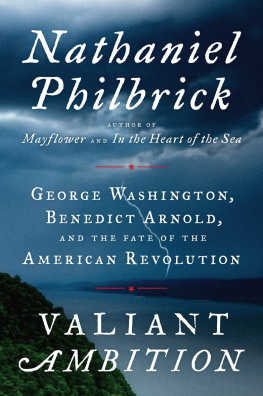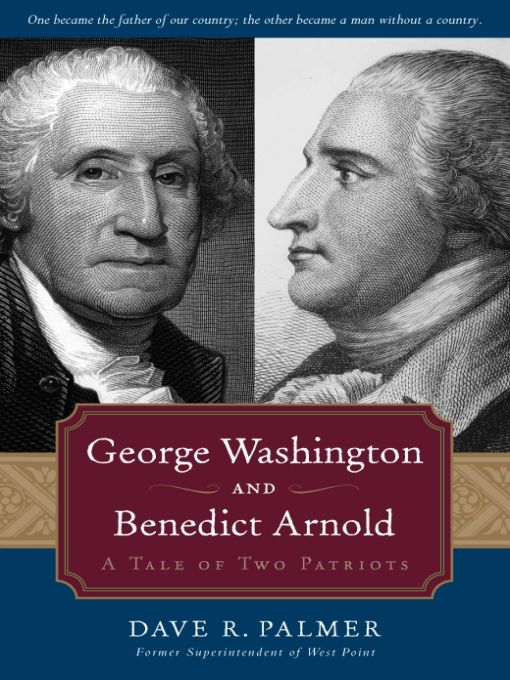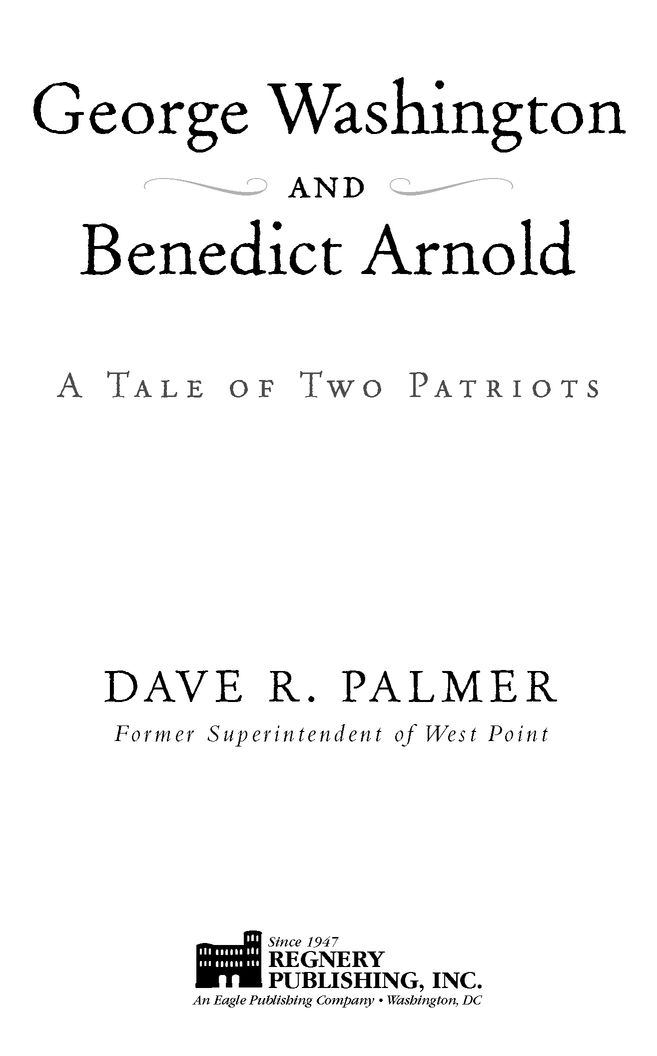Table of Contents
Dedicated to the memory of
THOMAS E. GRIESS,
whose vision and energy restored the study of history to a prominent place in the American Armys blueprint for developing leaders of character.
CHAPTER ONE
PHILADELPHIA
SUSPENSE STIRRED PHILADELPHIAS STEAMY LATE SUMMER air. Something called a Continental Congress was coming to town. For weeks, conversations in Americas largest and most cosmopolitan city had turned on little else. Ordinarily stoic citizens contemplated the event with open curiosity. Tavern patrons speculated endlessly over possible outcomes. Innkeepers probed travelers for news from elsewhere. No one quite knew what to expect from the assembly of delegates streaming in from colonies north and south of Pennsylvania, but the folks of Philadelphia sensed nevertheless that it would surely be a momentous happening. They understood that the meeting was not exactly legal, and suspected that it might even be treasonous, which added to the feeling of nervous anticipation. It was August 1774.
The gathering was the bitter fruit of an acrimonious decade marked by oppressive acts passed in faraway London. Americans deemed these acts absolutely intolerable, and they often reacted with violence. The latest such affront had been a kick to the colonial stomach from a hobnailed bootthe occupation of Boston by the British army and the replacement of home rule in Massachusetts with what amounted to martial law.
Representatives from British colonies up and down the Atlantic seaboard crowded dusty roads, converging on Philadelphia. Canada, the northernmost colony, and Georgia, the southernmost, declined to participate, as did Nova Scotia and the British islands of the Caribbean. But twelve colonies forming a solid line stretching from Massachusetts to South Carolina had delegations on the way. Reacting sharply to the military takeover in Massachusetts, these twelve had agreed to develop a united response to what they saw as Britains sustained attacks on their way of life.
Among those heading for Philadelphia were two men who had not yet met, but whose destinies would be intertwined in the most remarkable ways over the next six years. One, Benedict Arnold, was from Connecticut, and the other, George Washington, was from Virginia. The two had much in common, including admirable attributes that would soon propel them into leading roles as warriors in the coming Revolution. But the very essences of their natures and characters were also quite different. Their relationship was fated to soar on eagles wings of trust and fameand to crash on jagged rocks of treason and infamy.
A novelist might have portrayed them as star-crossed. But even the most creative of storytellers would have been hard-pressed to pen the true tale of these two patriots, a tale all too realand perhaps rather too bizarrefor human invention. For as we shall see, in spinning this story, truth needed no help from fiction.
A committee of Connecticuts legislature had selected several of its members to serve as delegates to the Continental Congress, but only three chose to goSilas Deane, Eliphalet Dyer, and Roger Sherman. Two others filled out the group: Samuel Webb, Deanes stepson and personal secretary, and Benedict Arnold. Not being a member of the legislature, Arnold was not an official delegate. At the age of thirty-three, though, he already ranked among Connecticuts more prominent citizens. A very successful merchant in the port city of New Haven, Arnold had married into one of its distinguished families. He was an acknowledged leader in the local resistance to Parliaments actions, and was deeply involved in New Havens chapter of the Sons of Libertya blustering and sometimes riotous anti-British organization. Silas Deane, a man of intrigue then as well as later in the Revolution, and Arnolds close friend and fellow agitator in the Sons of Liberty, had invited the younger man along to add radical heft to the delegations representation, and perhaps to dampen the impact of Sherman, who was thought to favor a more conciliatory stance toward London. In late August, the five gathered in New Haven to start their journey.
There was high excitement in the Connecticut city. Just days before, the congressional delegation from Massachusetts had passed through. That group, including John Adams and his firebrand cousin, Samuel Adams, had attracted boisterous crowds. Every bell was clanging, wrote John Adams, while citizens clustered in doors and windows as if to see a coronation.
When Arnold and his Philadelphia-bound colleagues climbed aboard Silas Deanes carriage, they were sent off with rousing cheers from well-wishers thronging the New Haven Green. The coachman pointed his horses down the road from Connecticut through New York and New Jersey to Pennsylvania, more than 150 rutted miles and many ferry crossings away.
The five road-weary, rumpled travelers rolled into Philadelphia on the final day of August. Representatives to the Continental Congress filled rooms all across the city, some in inns, a few in private homes, others in boarding houses. Except for Roger Sherman, the Connecticut group lodged together.
The youthful Connecticut businessman who sprang so lightly from Deanes carriage surely caught the eyes of curious onlookers. Arnold was not tall, being for that time about average or somewhat less in height, perhaps some four or five inches above five feet, but he had an acrobats powerful build and carried himself with the agile grace of a natural athlete. With piercing gray eyes, thick dark hair, deeply bronzed skin, and a prominent nose and chin, he was handsome in a rugged way. He had what men called a commanding presence. People noticed him. To go along with his compelling physical appearance, he possessed unusual powers of mind and personality. Quick-witted and articulate, full of energy almost to restlessness, bursting with confidence bordering on arrogance, Benedict Arnold was a force to be reckoned with.
Soon after settling into their new quarters, the men from Connecticut assembled with other emissaries to establish some preliminary rules for the conduct of the Congress. Nearly half the delegates, however, were still on the road, so they had no choice but to wait until the following Monday, September 5, to formally open the proceedings. They planned to hold their sessions in Carpenters Hall, the guildhall of the citys Carpenters Company, rather than in a government-owned building because of the extra-legal status of the gathering. Arnold and his colleagues spent some of Friday and Saturday seeing the sights of the bustling city. Philadelphia had a large store of places to captivate the curiosity of visitors. Based on their written comments, New Englanders were particularly enthralled by the citys insane asylum, tucked away inside the basement of a major hospital; lawyer John Adams was astounded to discover among the inmates one of his former clients. On Sunday they went to churchthree times. Throughout those waiting days, however, as late-arriving members joined and anticipation mounted, delegates continued to huddle. At dinners and other gatherings, strangers from across the colonies became acquainted and probed one another on the issues, forming alliances and identifying strategies for the forthcoming Congress.


